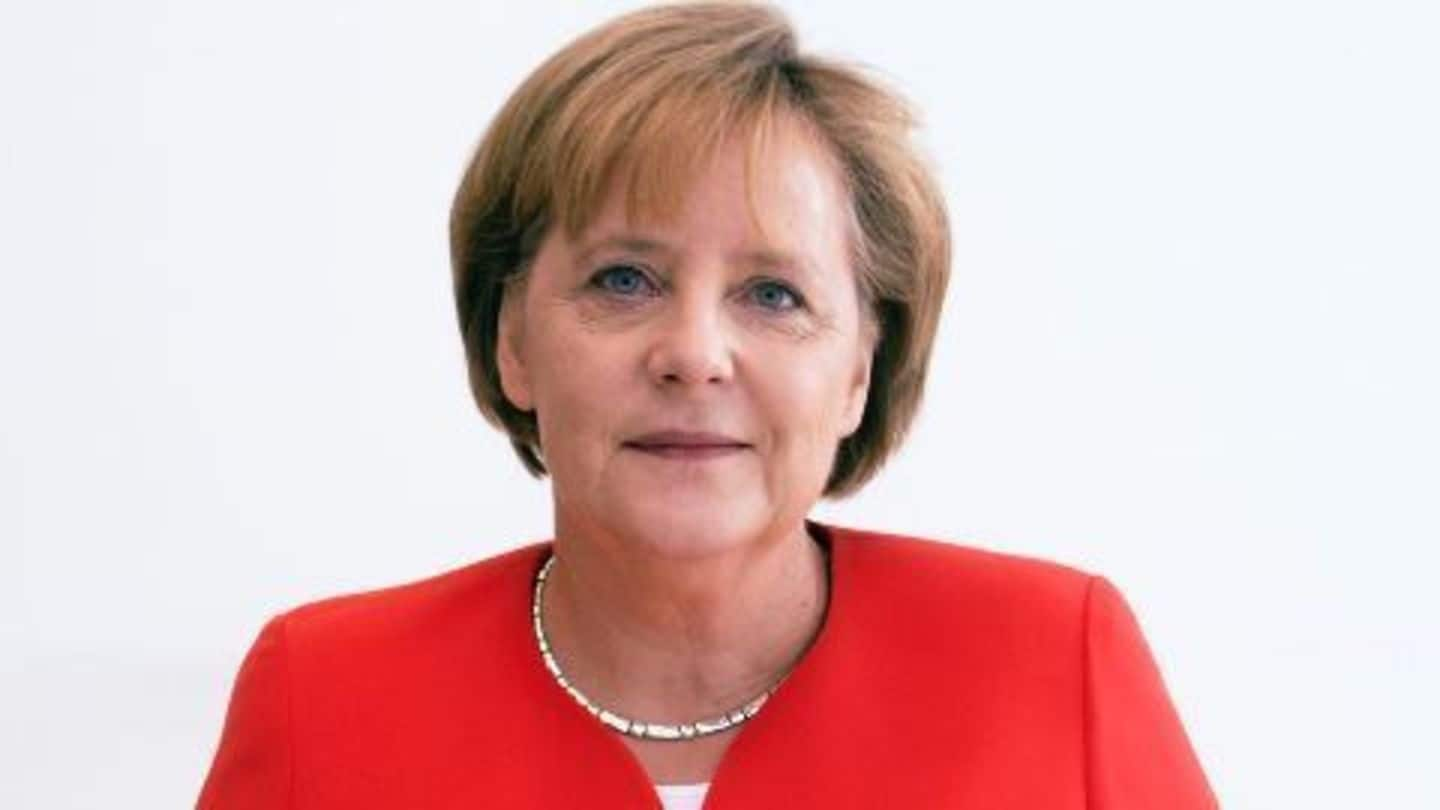
Merkel suffers losses in German state elections
What's the story
German Chancellor Angela Merkel's Christian Democrats (CDU) suffered heavy losses in two out of three state elections held in Germany over the weekend.
The CDU lost support in Baden-Wuerttemberg and Rhineland Palatinate, but remain the largest party in Saxony-Anhalt.
The Anti-Migrant Alternative for Germany (AfD) party, which barely existed a few years ago made sweeping gains in all three states.
What Elections?
What elections are these?
Similar to India or America, Germany has a federal structure and the current elections are to vote for MPs to the state parliaments in Germany.
While Angela Merkel doesn't face national elections until next year, the 16 federal states each have their own parliaments and hold elections on their own timetables.
The outcome of these elections reflects the popularity of Merkel's party and policies.
Which States?
Which parties won which states?
Baden-Württemberg, home to both Mercedes and Porsche gave the CDU a record low of 27% of the votes, voting in the left leaning Green Party.
In Saxony-Anhalt in the former east Germany, the Alternative for Germany party gained 24.4%, making it the second biggest party in state elections after Merkel's CDU.
In Rhineland-Palatinate, the CDU lost out to the Social Democrats Party (SPD).
Information
Where did the AfD come from?
Formed in 2013, the AfD has a mandate to abolish the Euro, re-impose border controls and to improve Germany's ties with Russia, the EU's energy bank. Flying under the political radar until recently, the party has now become one of the top contenders in Germany's state elections.
Information
CDU: Will not change refugee policy
Already represented in five of Germany's 16 regional parliaments, the AfD campaigned on slogans such as "Secure the borders" and "Stop the asylum chaos". However the CDU categorically stated that despite the election results, they would not change Germany's refugee policy.
Repercussions
What are the repercussions for Merkel?
The CDU and SPD, are known in Germany as the two "Volksparteien", or people's parties, because they have dominated the German political arena for decades.
The heavy losses they incurred reflect the changing political dynamics in Germany due to their conflicted refugee policy.
While it has no bearing on Merkel's mandate as Chancellor, the CDU may rethink its candidate for next year's national elections.